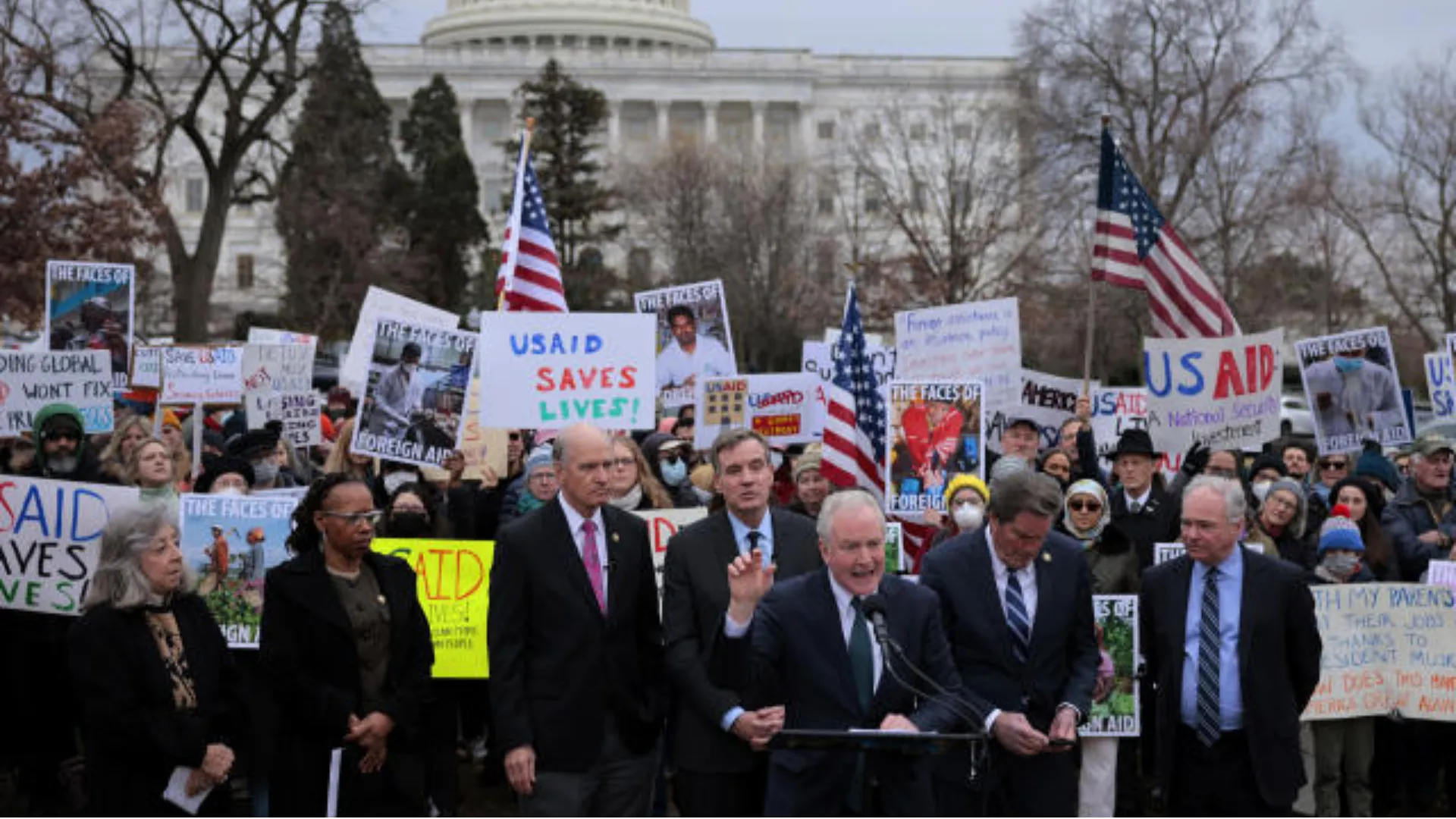
The Biden administration has decided to rescind a proposed set of regulations that aimed to improve access to contraception, a move that has been welcomed by conservative organizations.
The regulations would have restricted employers' ability to claim exemptions to the Affordable Care Act’s (ACA) contraception mandate based on “non-religious moral objections.”
The Department of Health and Human Services (HHS) announced the withdrawal in a notice published in the Federal Register on Monday, citing the administration’s intent to prioritize other matters in its final days.

This decision leaves in place rules introduced during the Trump administration, which significantly expanded the ability of employers to opt out of providing birth control coverage for employees.
Conservative groups quickly celebrated the withdrawal. The Becket Fund for Religious Liberty, representing an order of nuns that has frequently challenged the ACA’s birth control mandate, posted on X: “Christmas came a little early this year.”
The rescinded rules, initially proposed in early 2023, would have provided a workaround for employees of religious organizations that objected to offering birth control coverage. These employees would have been able to access contraception directly from health care providers at no cost.

The Biden administration had estimated the changes could have made contraceptive coverage available to an additional 130,000 people.
“Now more than ever, access to and coverage of birth control is critical,” HHS Secretary Xavier Becerra stated in January 2023 when the rules were proposed. He emphasized the administration’s commitment to protecting women’s health and ensuring access to essential services.
By deciding to maintain Trump-era policies, the Biden administration has upheld regulations that allow nearly any employer—religious or secular, large or small—to claim exemptions to the ACA’s contraception mandate.

These rules have left many employees, including those at private colleges and universities, without access to free contraceptives.
The stakes for affordable contraception access have risen significantly since federal abortion protections were eliminated in 2022. Contraceptive coverage, including birth control and counseling, is among the preventive health services insurers must provide at no cost to patients under the ACA.
Over the past decade, this policy has resulted in tens of millions of people receiving no-cost contraception, leading to a notable decline in unintended pregnancies.

However, since the Trump administration’s 2018 rules took effect, private health plans and insurers have been allowed to exclude contraceptive services for objecting employers.
While a mechanism was included to ensure employees could still access birth control, it required the objecting employer to opt into the accommodation, leaving many without coverage.
Advocates for expanded contraceptive access argue that the decision to rescind these rules will further hinder access for vulnerable populations.

Critics have expressed disappointment that the administration did not finalize the proposed regulations, which they saw as a step toward ensuring broader reproductive health care access.
HHS has yet to comment on the decision to withdraw the proposed rules, leaving questions about the administration’s future plans to address gaps in contraceptive access.



